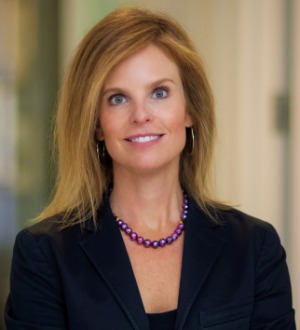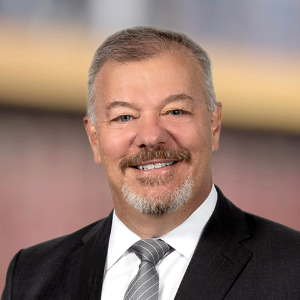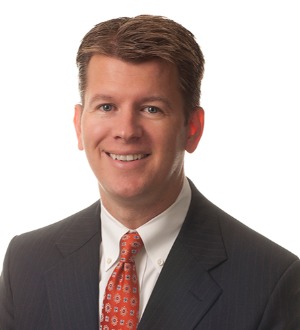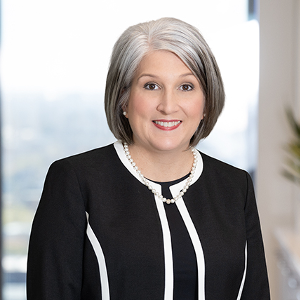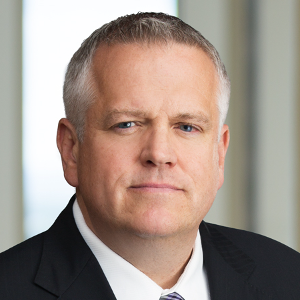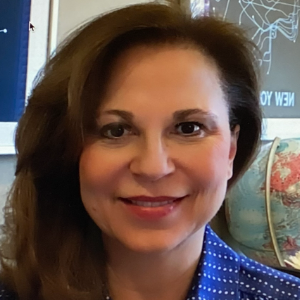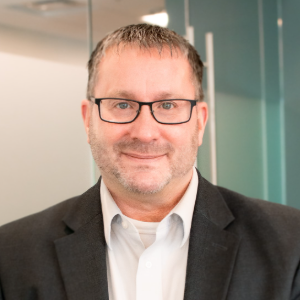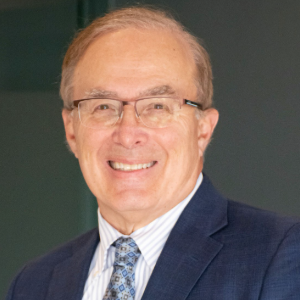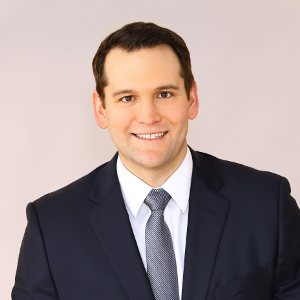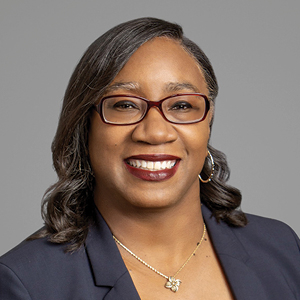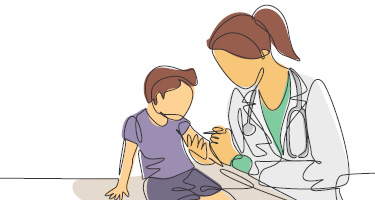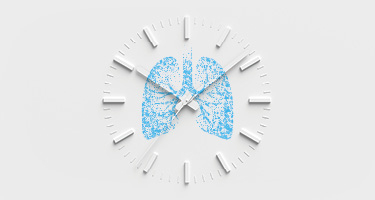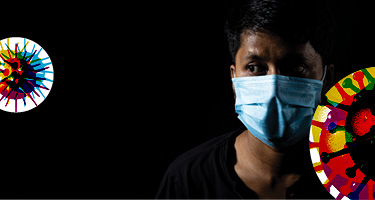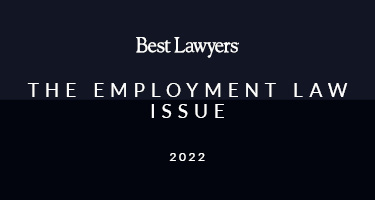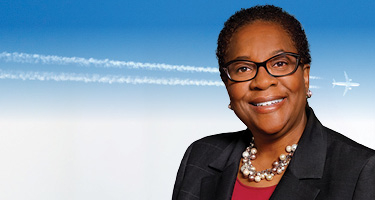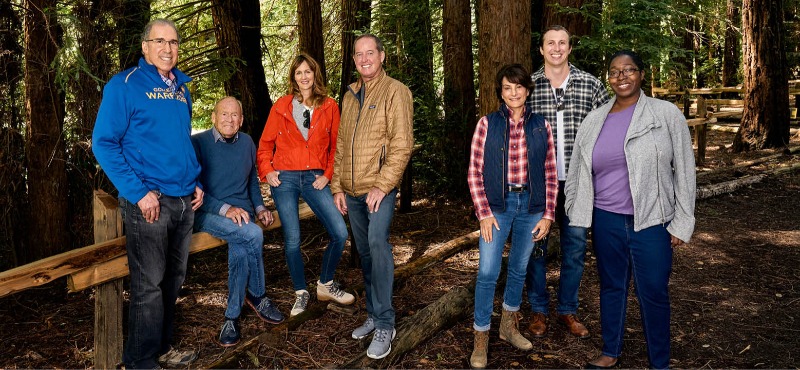The Role of the Mental Health Professional in Collaborative Divorce
Jennifer A. Bradley, J.D., and Phyllis Miller Palombi, LMFT
Two divorce attorneys walk into a bar. They’re given a set of facts relating to the dissolution of a marriage, without being assigned representation to either party, and they reach a fair, mutually agreed on settlement in less than an hour.
If only our jobs were that simple. Instead, a couple’s emotional and psychological vulnerabilities generally control the settlement negotiation process, in conjunction with the attorneys’ egos, making it much less efficient than it otherwise could be.
The Collaborative Process was designed with the objective of creating an experience that is ultimately healthier for divorcing families. Recognizing that the parties are suffering from the pain and loss of ending the marital relationship, and their attorneys’ advocacy often results in increased tension and animosity, the inclusion of a neutral mental health professional (“MHP”) as part of the Collaborative team promotes an atmosphere where the parties are encouraged to communicate with each other in a more positive and respectful manner. MHPs are trained to analyze the parties’ communication patterns and identify better ways for them to interact and come to joint decisions. They can instruct clients on effective, non-attacking, non-defensive modes of communication that can improve the parties’ relationship both during and after the trauma of their separation and divorce.
MHPs are also able to offer empathy, normalize the clients’ emotional experiences, and help each party recognize the humanity of the other. When the parties both feel that their feelings and concerns have been heard, and they have the respect and support of the neutral MHP, they are often able to communicate in a more civil manner.
MHPs can also help the attorneys understand their clients’ emotional triggers, fears and concerns, and analyze how the marital dynamics are affecting the settlement process. They provide invaluable assistance in settlement negotiations by identifying emotional and psychological roadblocks to settlement, explaining how these feelings are inhibiting progress, and providing a suggested framework for change.
The divorce decision usually takes place over a series of years, during which one or both parties have developed deeply entrenched feelings of hurt and animosity that upset the roots of each one’s normalcy. Having an MHP present on the Collaborative team shifts the burden of identifying and handling the resulting difficult client behaviors, and can diffuse the intensity of the clients’ emotional and psychological obstructions when compared to attorneys working with clients in isolation. The ability of an attorney to acknowledge and navigate the intensity of their client’s emotional trauma is not as effective that of the MHP, who is specifically trained to hear and work with traumatic feelings.
There are a host of emotions and resulting behaviors that may influence a client’s approach to the divorce process, including denial, distrust, distance, fear, anxiety, guilt, love, anger, depression, and grief. Some behaviors may be longstanding and form the basis for the desire for separation, and others may have only resulted from the other party’s desire to leave the marriage. Very often, both parties will feel victimized by these behaviors exhibited by the other party, creating additional anxiety, resentment, impatience, sadness, and dependency. While MHPs do not treat or diagnose clients in the Collaborative Process, they are nonetheless able to assess the mental health capacity and symptoms of the clients and how their behaviors have been pathological to the couple, and can share this information with the attorneys in order to increase the team’s understanding of the relationship dynamic. This lifts the burden from the attorneys, working in isolation with their clients, to the team as a whole, which can be tremendously helpful to the attorneys.
The MHP can also help the attorneys understand how their own reactions and behaviors may be causing anger or annoyance in one or both parties, and suggest that the attorneys approach problems in different ways that will be better received by the clients.
The MHP can help guide the Collaborative team to assess whether couples who have struggled with intimate partner violence, coercive control, or substance abuse behaviors will be able to work in the Collaborative Process by evaluating the level of severity and the difference between pathological issues and workable behaviors. The MHP not only brings expertise in identifying these sorts of problematic behaviors, but can also aid the Collaborative team by providing suggestions for how to address behaviors that may interfere with a fair and durable settlement.
Another function of the MHP is to work separately with the parties to develop a “shared narrative” for how and when their children will be informed about their separation and divorce, and to create a comprehensive Parenting Plan. Unlike attorneys, MHPs can provide expertise in child development and the psychological impact of divorce on the family. They are able to help the parties establish parameters of their co-parenting relationship going forward, recognizing that a positive vision of the future requires moving past all of the hurt, fear and angry feelings that result from the divorce process.
An MHP may also be included on a Collaborative team in a “Child Specialist” capacity, which brings the voice and needs of a child into the process. A Child Specialist does not provide therapy for children, but will meet with them independently to allow them an opportunity to talk about the family’s changes and their feelings with a neutral adult.
Child Specialists will then give the parties feedback on their children’s experiences, which helps the parents understand what the children are thinking and feeling and can improve their ability to talk to the children about these difficult issues, ultimately paving the way for less conflict. The Child Specialist can also educate and guide children to speak up and share their feelings with their parents, while also preparing parents on how to identify and understand what their children may be experiencing as a result of their divorce. Older children in particular will often find difficulty in communicating with their parents about the divorce and repress their feelings or lash out at one or both parents; the Child Specialist can help them cope with their feelings and can also act as an intermediary with the parents.
The divorce process is one of the most difficult experiences one can go through in life—it is often a slow and painful death of a family. One of the most compelling advantages of the Collaborative Process is the focus on changing the perception that divorce must constitute an end to the family, and promoting the understanding that it can instead be viewed as establishing a new family relationship.
